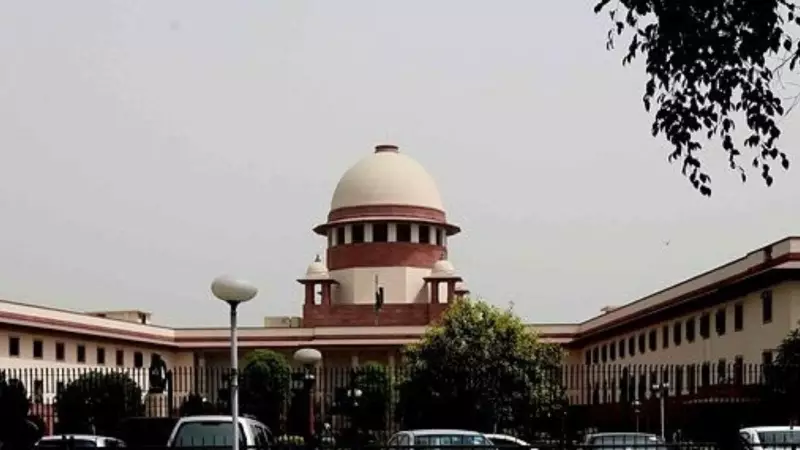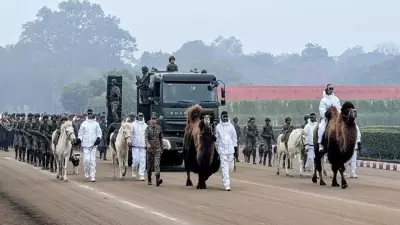
Supreme Court Takes Up Kerala's Petition Against Electoral Roll Revision
The Supreme Court of India has officially issued a notice to the Election Commission of India (ECI) following a petition filed by the Kerala government. The state administration is seeking to postpone the ongoing Special Intensive Revision (SIR) of electoral rolls until after the completion of upcoming local body elections.
The three-judge bench, comprising Justices Surya Kant, S V N Bhatti, and Joymalya Bagchi, acknowledged the urgency of the matter and agreed to conduct the next hearing on November 26. The court's intervention comes at a critical time as Kerala prepares for significant electoral exercises.
Political Parties Unite in Challenge Against SIR Process
In a remarkable show of unity, multiple political parties have joined the legal challenge against the electoral roll revision process. The Supreme Court has also issued notices on separate petitions filed by CPI(M) state secretary M V Govindan Master, CPI state secretary Binoy Viswam, Indian Union Muslim League general secretary P K Kunhalikutty, and Kerala Pradesh Congress Committee president Sunny Joseph.
Notably, the Communist Party of India has taken an even stronger stance by seeking the complete quashing of the SIR notification. This collective legal action underscores the widespread concern among political stakeholders about the timing and implementation of the electoral roll revision.
Senior Advocate Kapil Sibal, representing the Kerala government, emphasized the pressing nature of the situation during court proceedings. He informed the bench that local body polls in Kerala are scheduled for December 9 and 11, with results expected to be declared on December 13.
Broader Implications and Similar Challenges Across States
The Supreme Court is currently handling multiple petitions challenging the SIR process in several states, including Bihar, West Bengal, and Tamil Nadu. The court had previously issued notices to the ECI on November 11 regarding similar petitions from West Bengal and Tamil Nadu, indicating a pattern of concerns across different states.
Meanwhile, the SIR process faces additional challenges following the tragic deaths of three Booth Level Officers (BLOs) amid growing complaints about excessive workload and unreasonable demands. These incidents have threatened to disrupt the revision process not only in Kerala but also in Tamil Nadu and Rajasthan, raising serious questions about the implementation methodology.
The upcoming hearing on November 26 is expected to address these critical issues that could have significant implications for electoral processes in multiple states. The Supreme Court's decision will likely set important precedents regarding the coordination between different electoral exercises and the working conditions of election officials.





